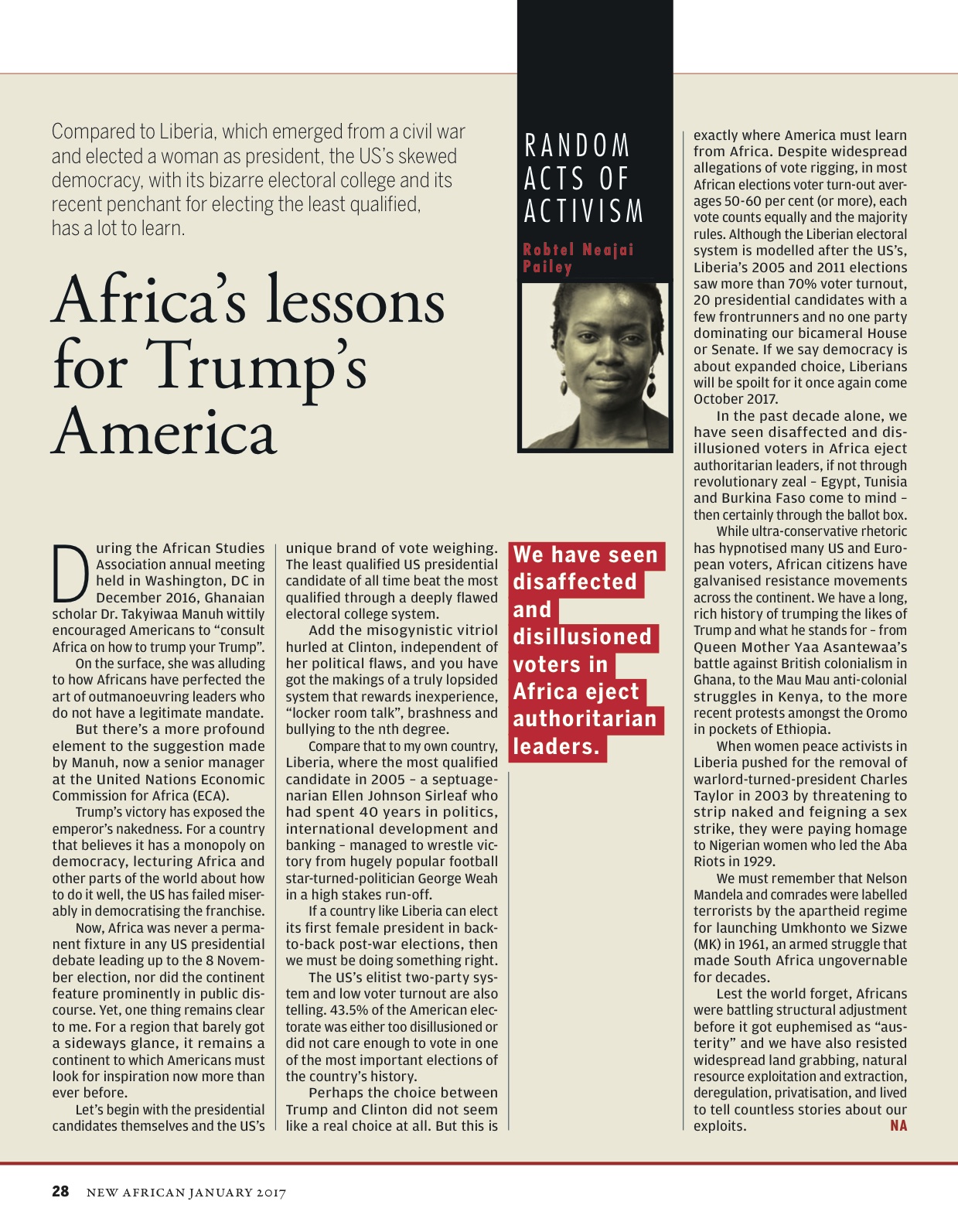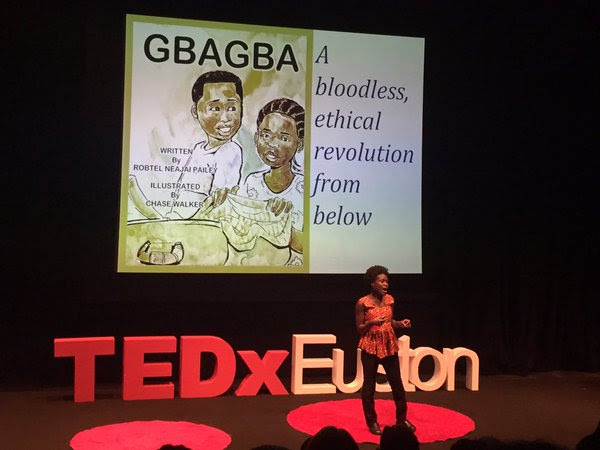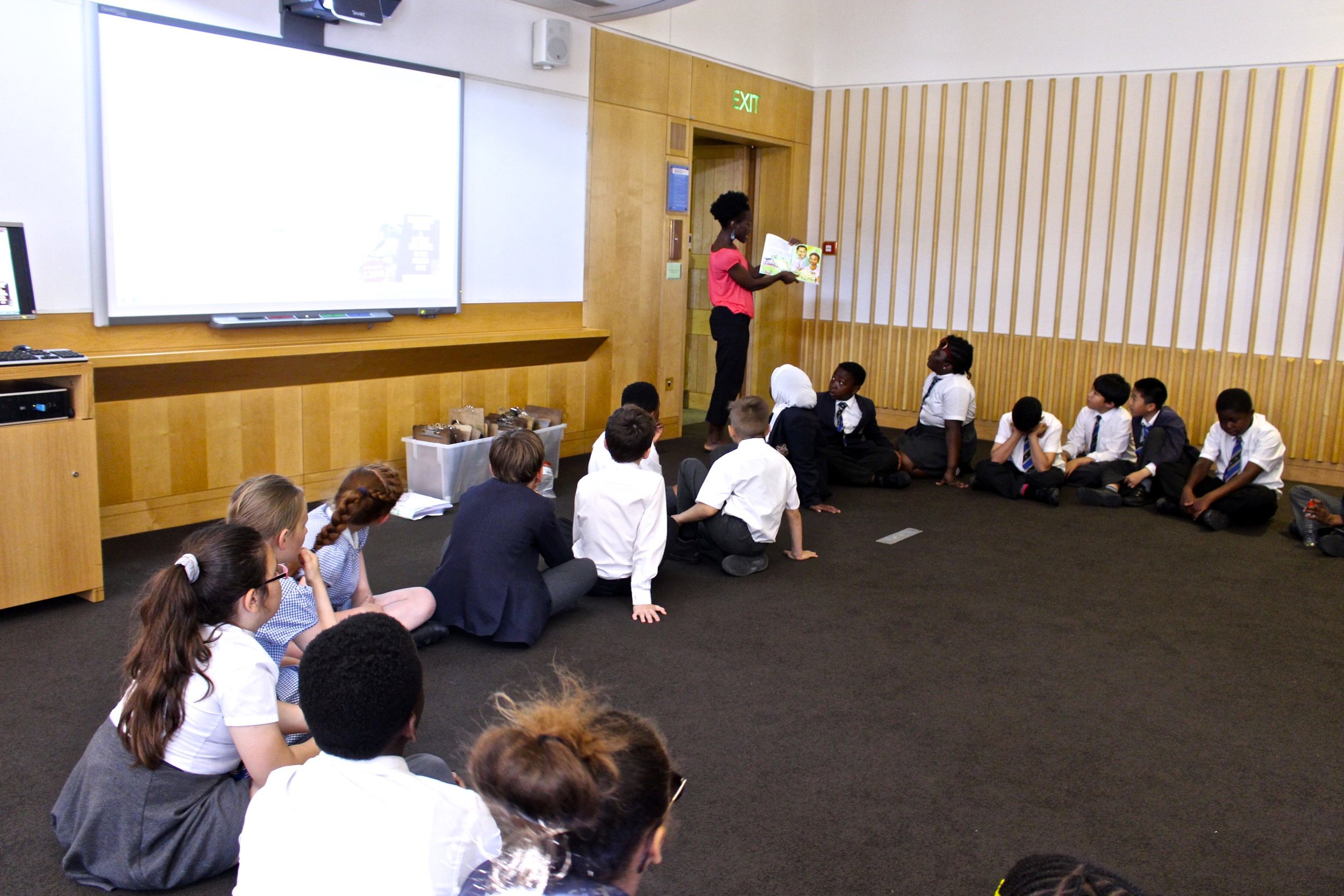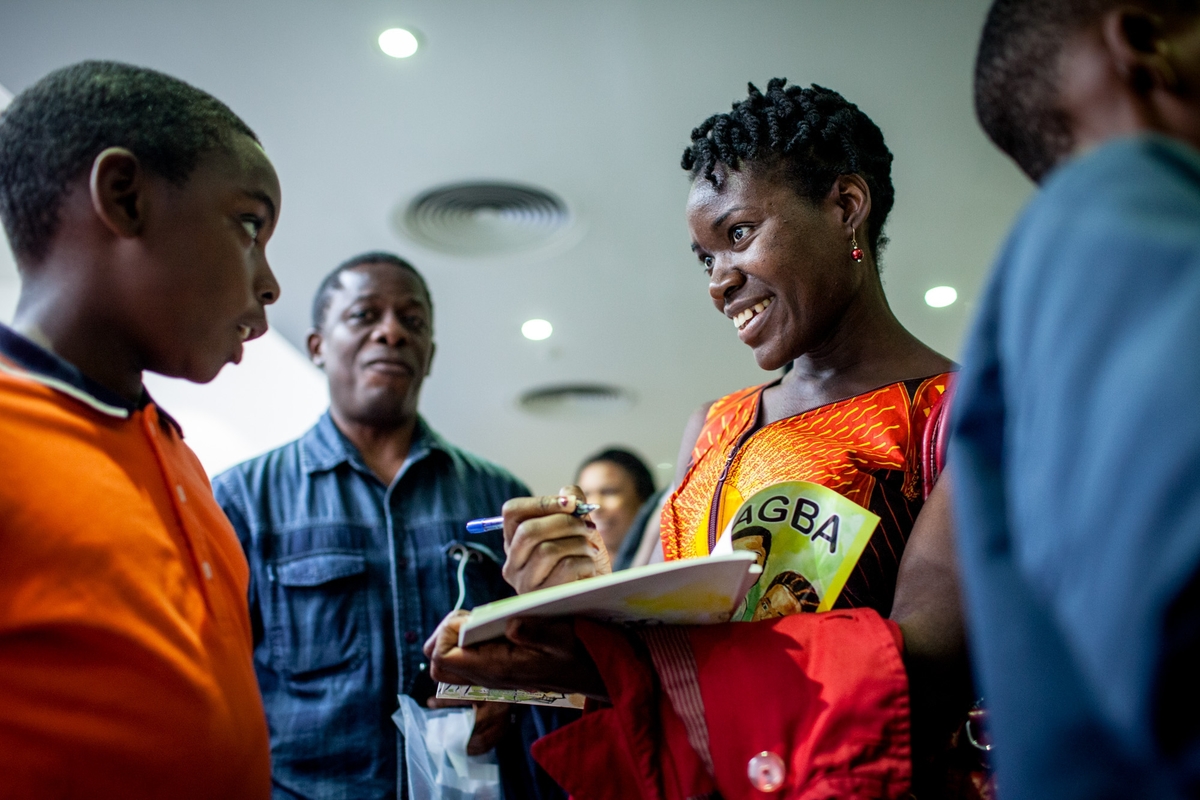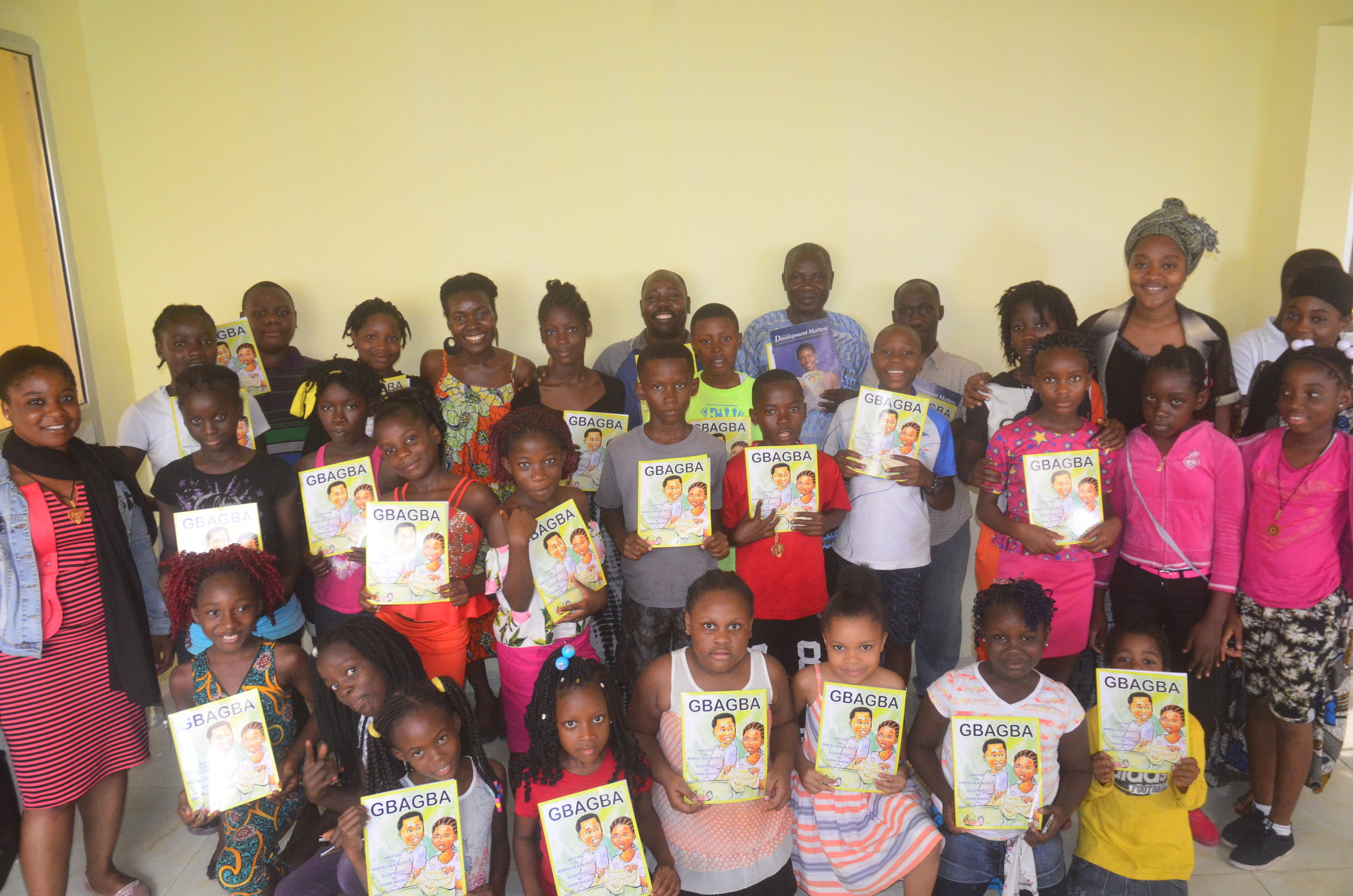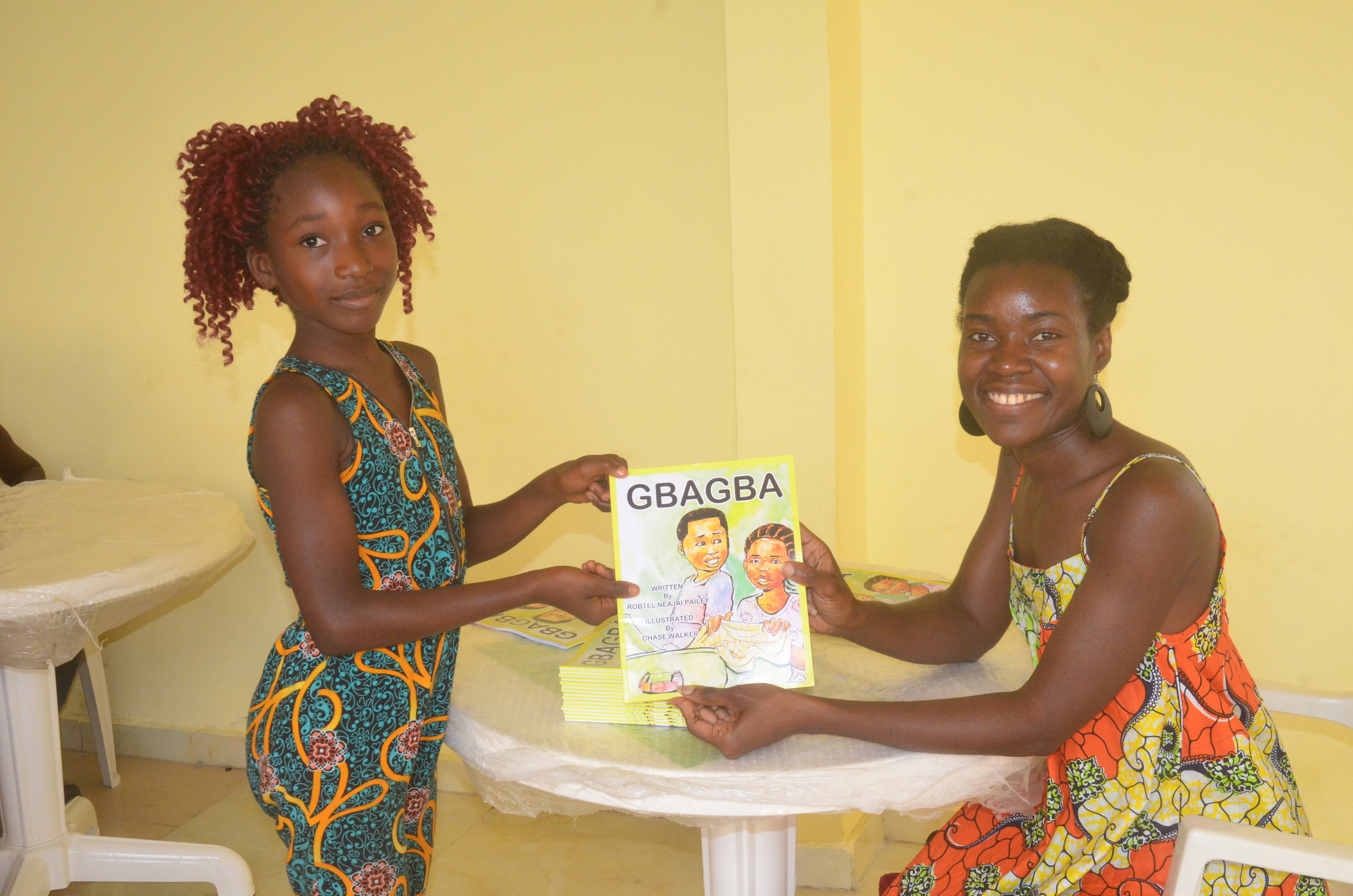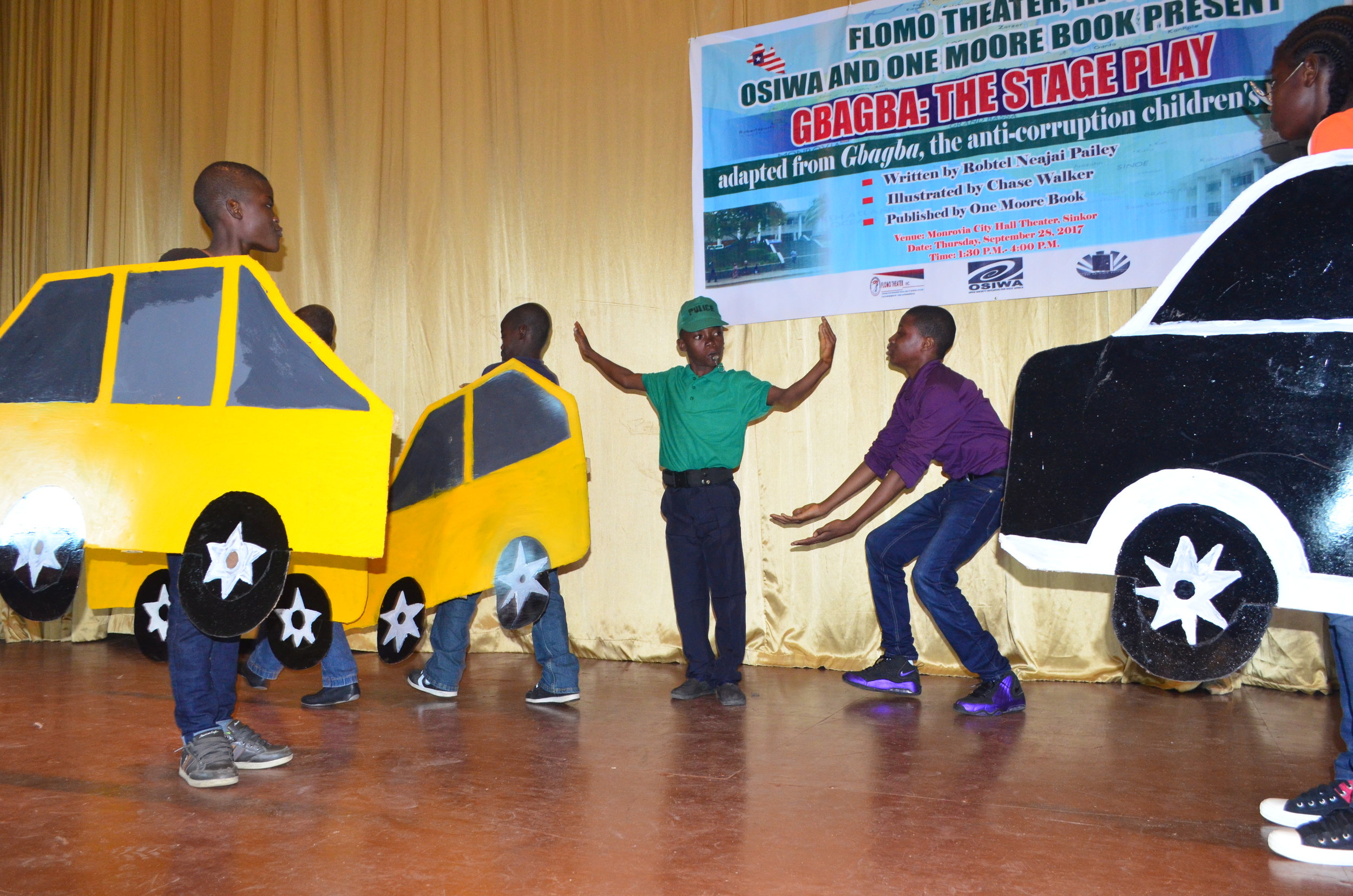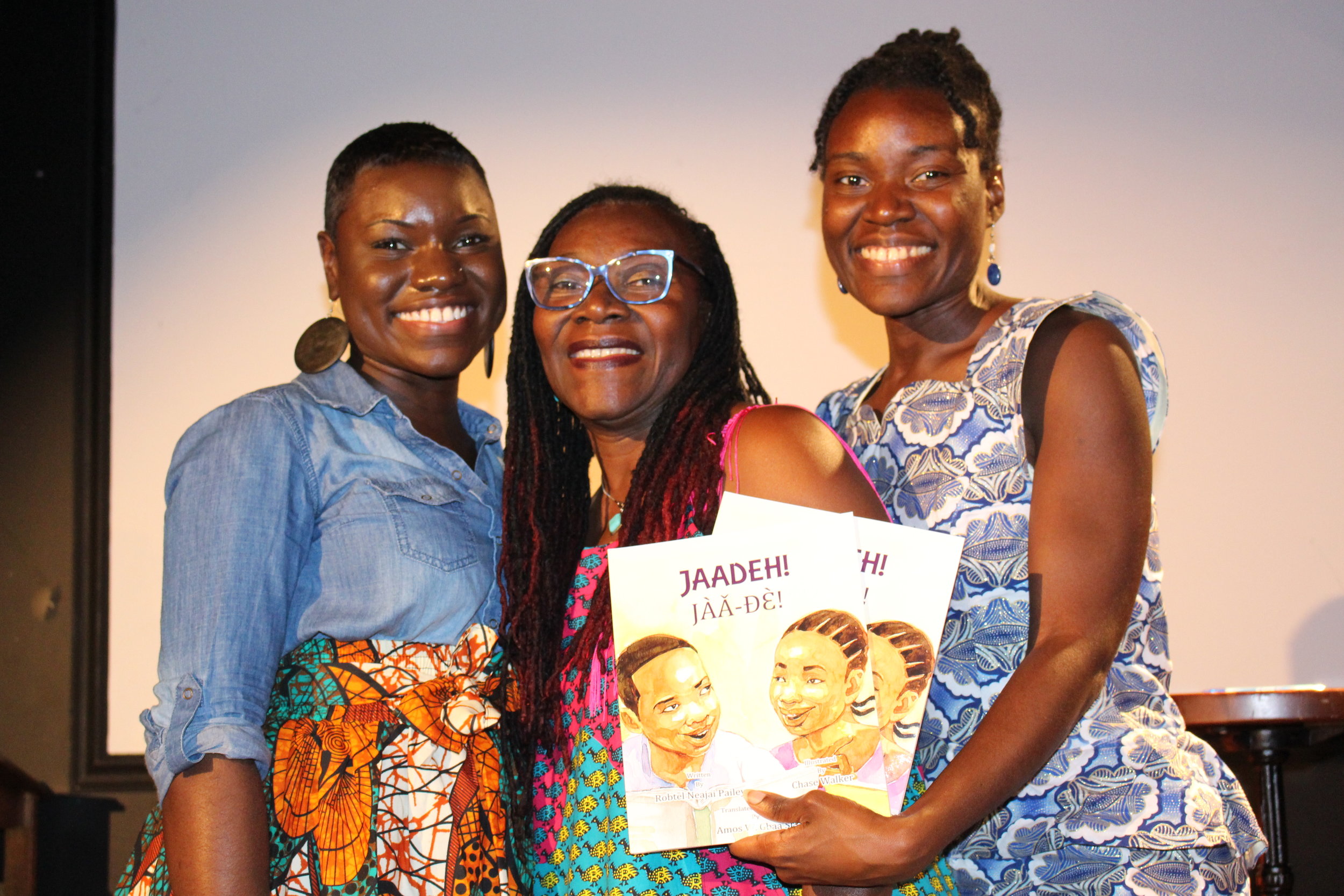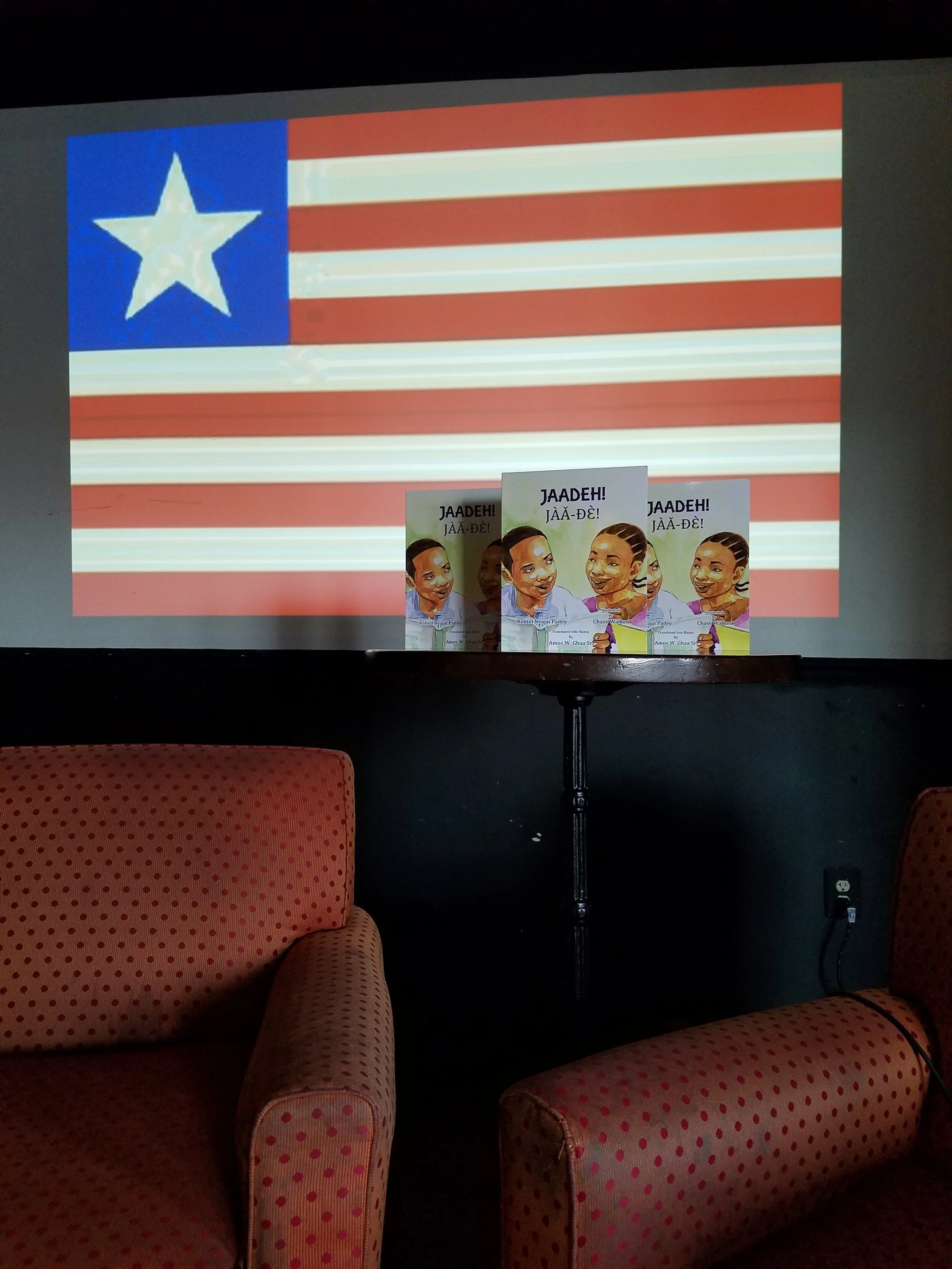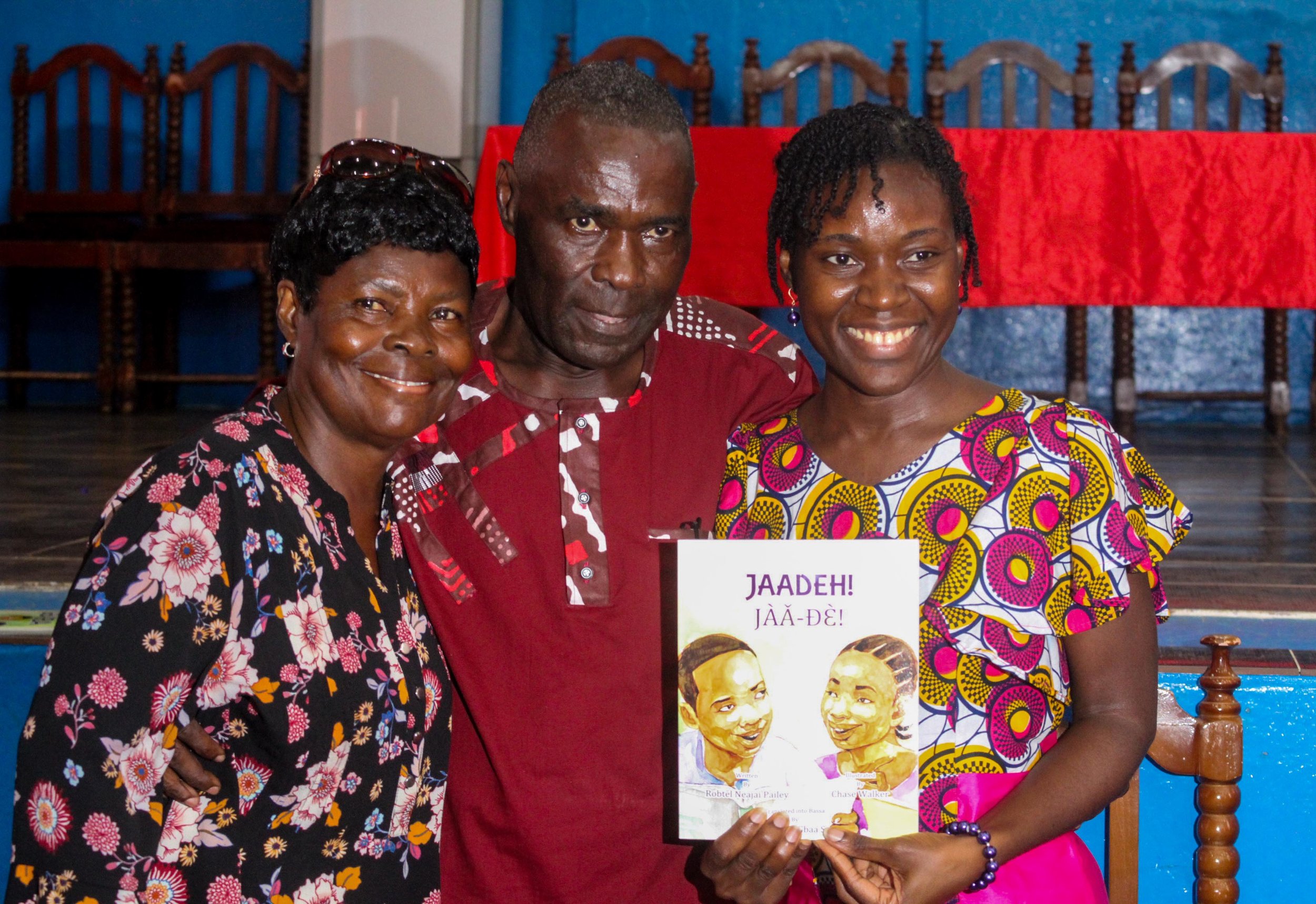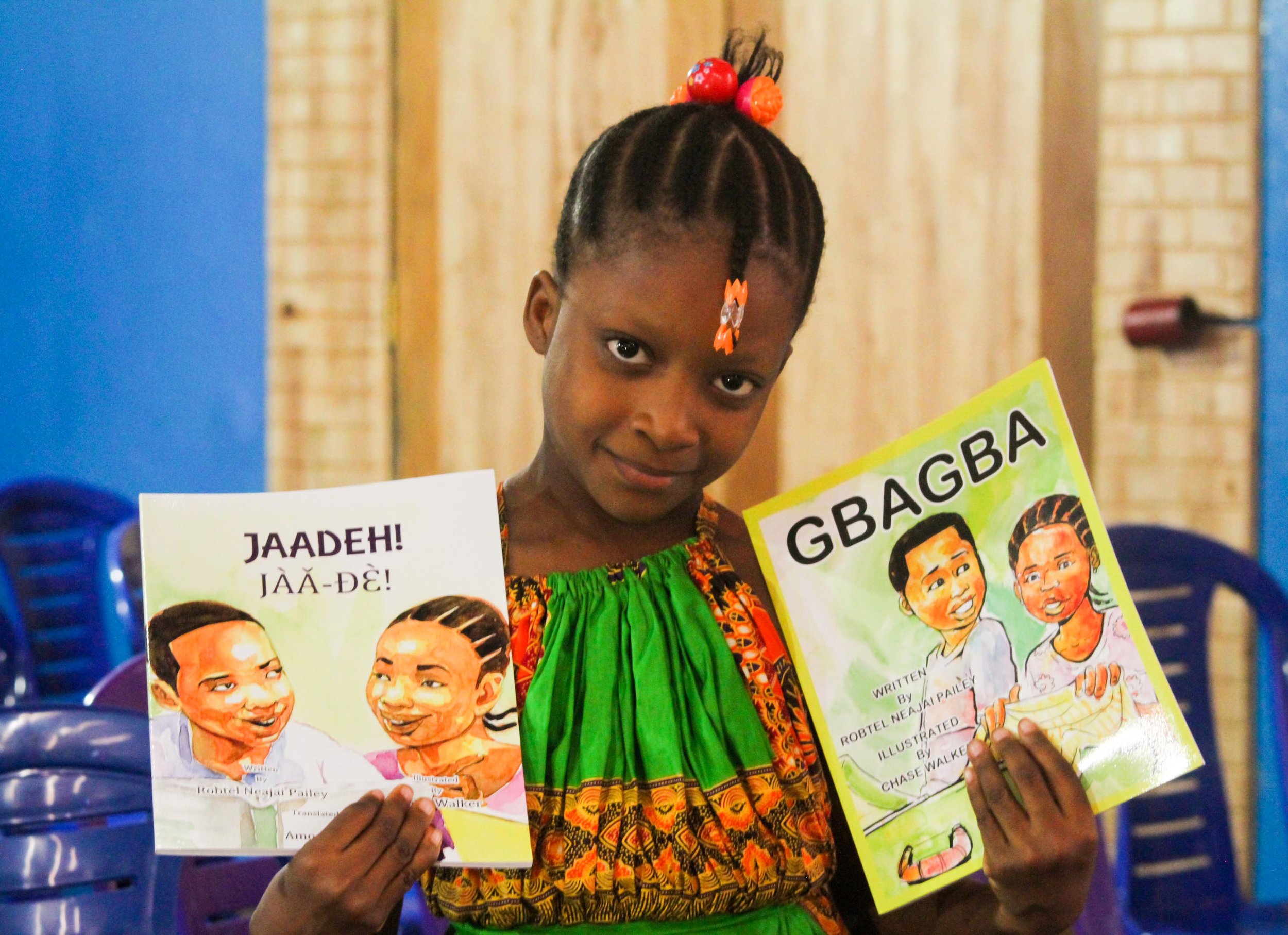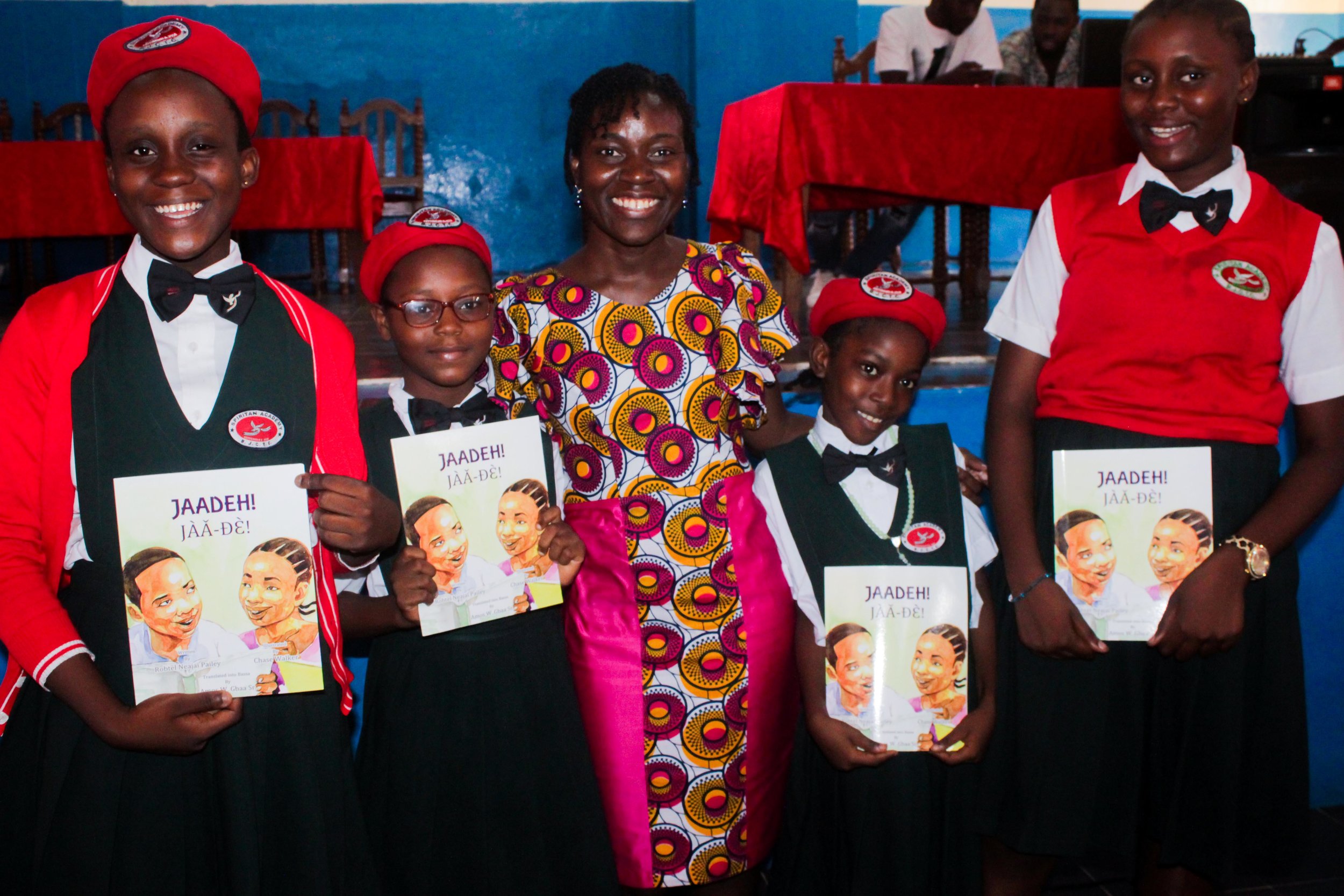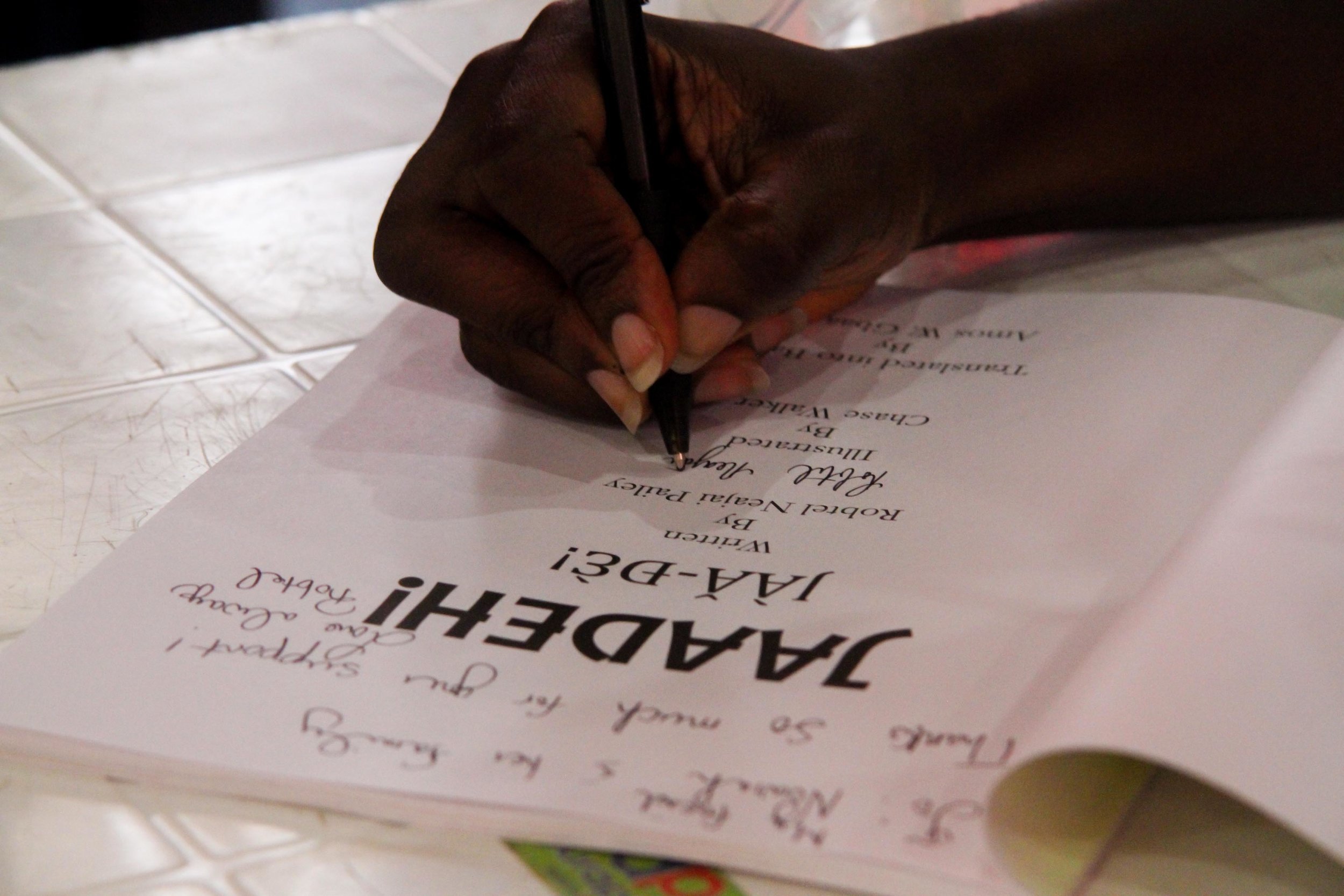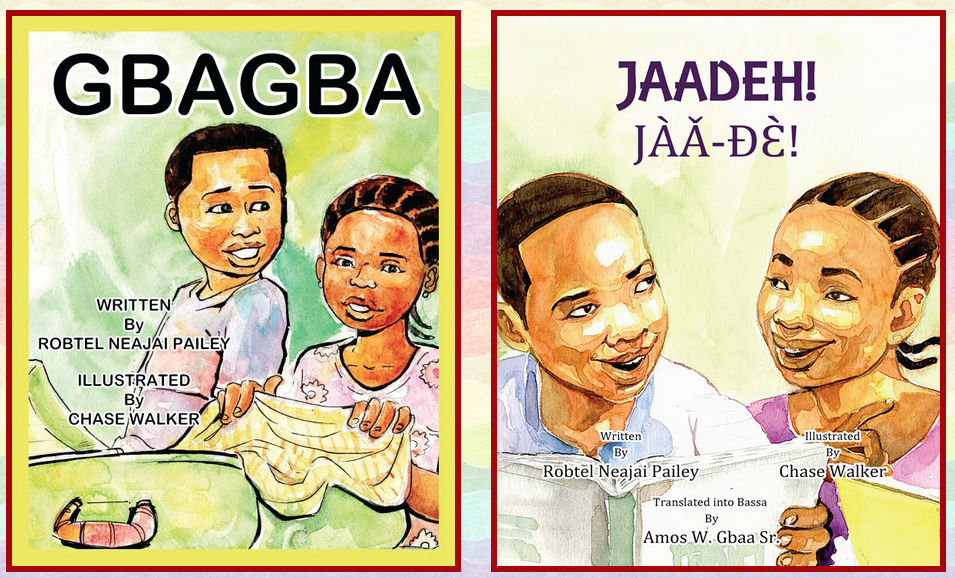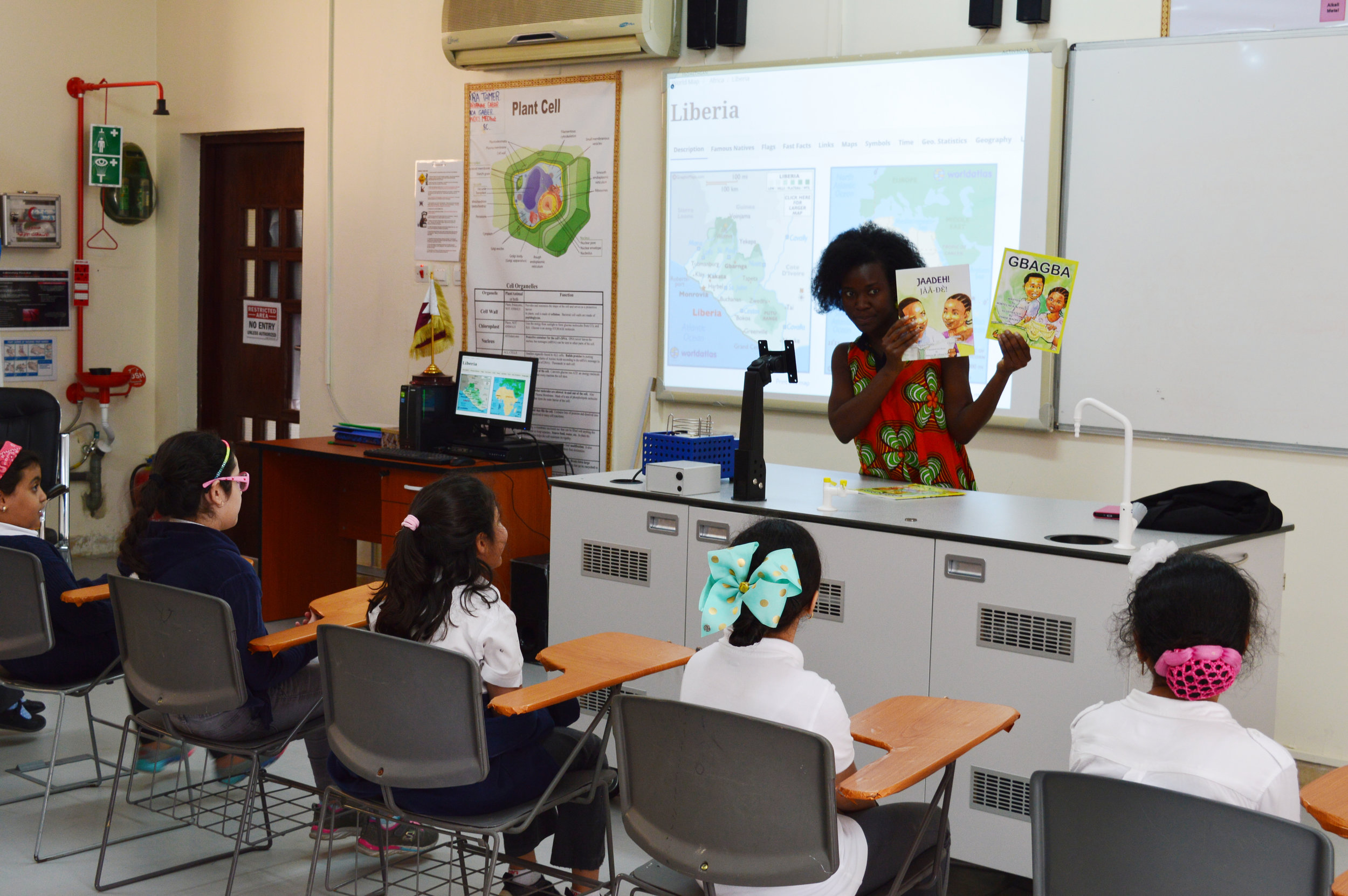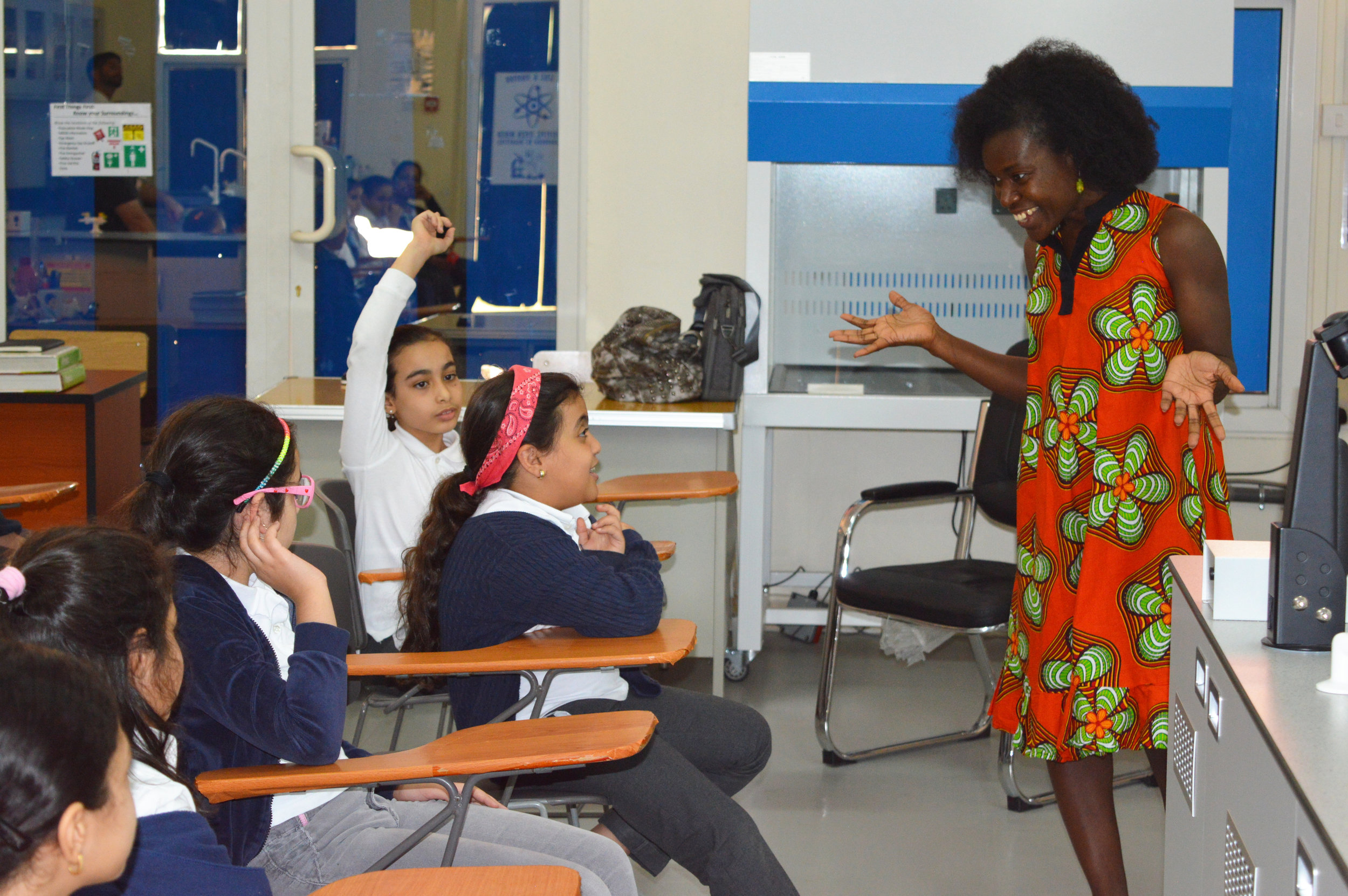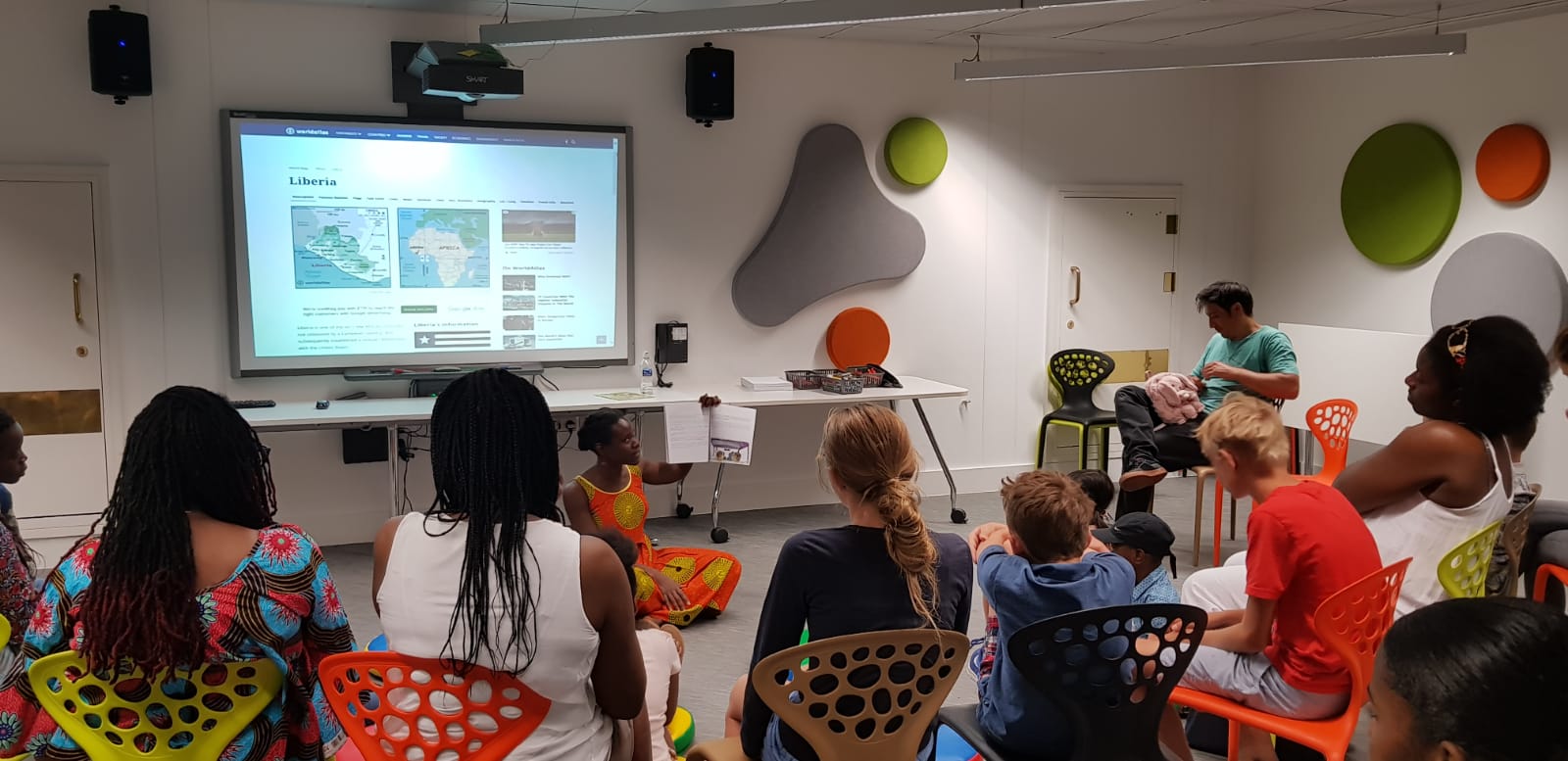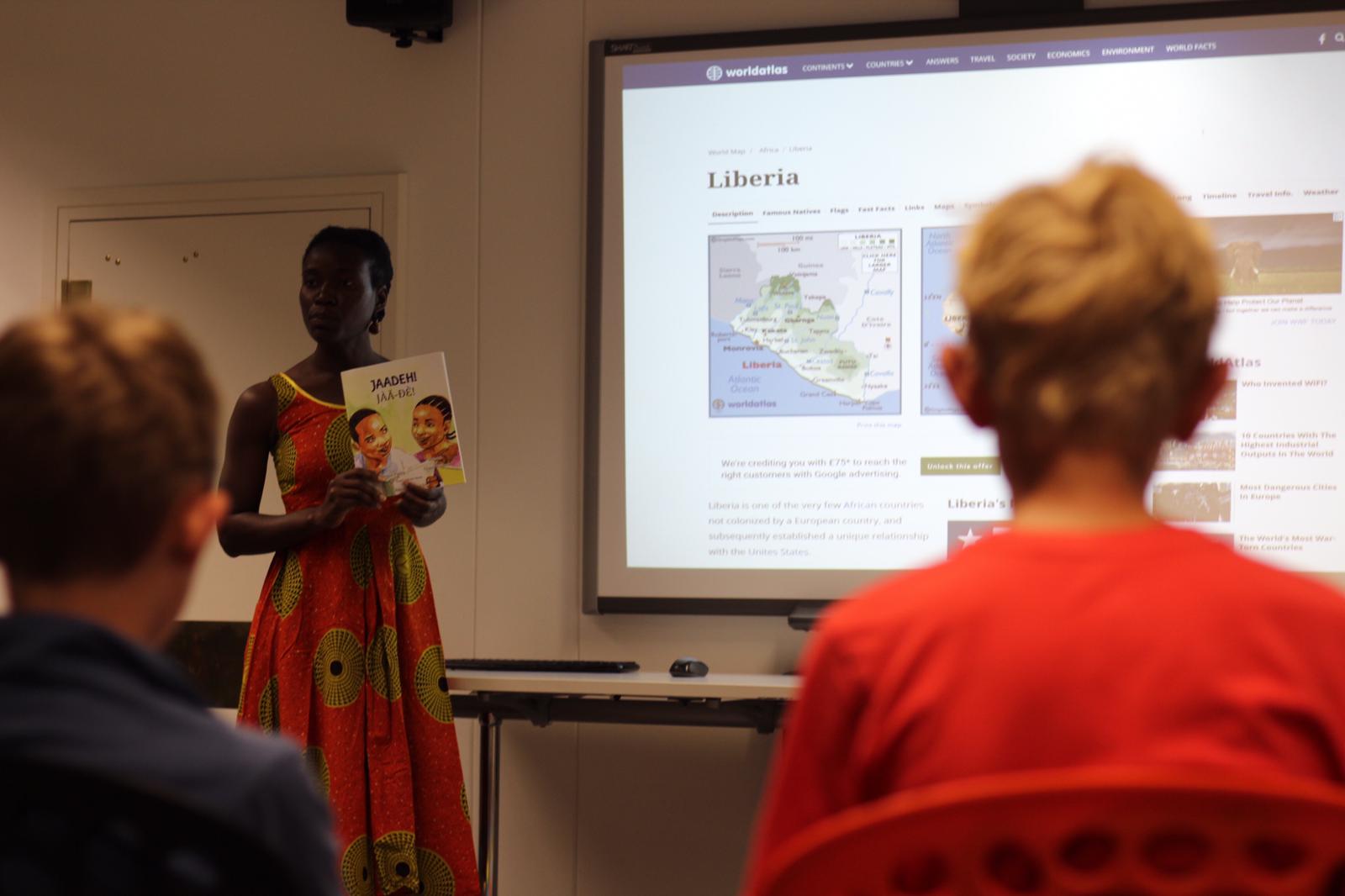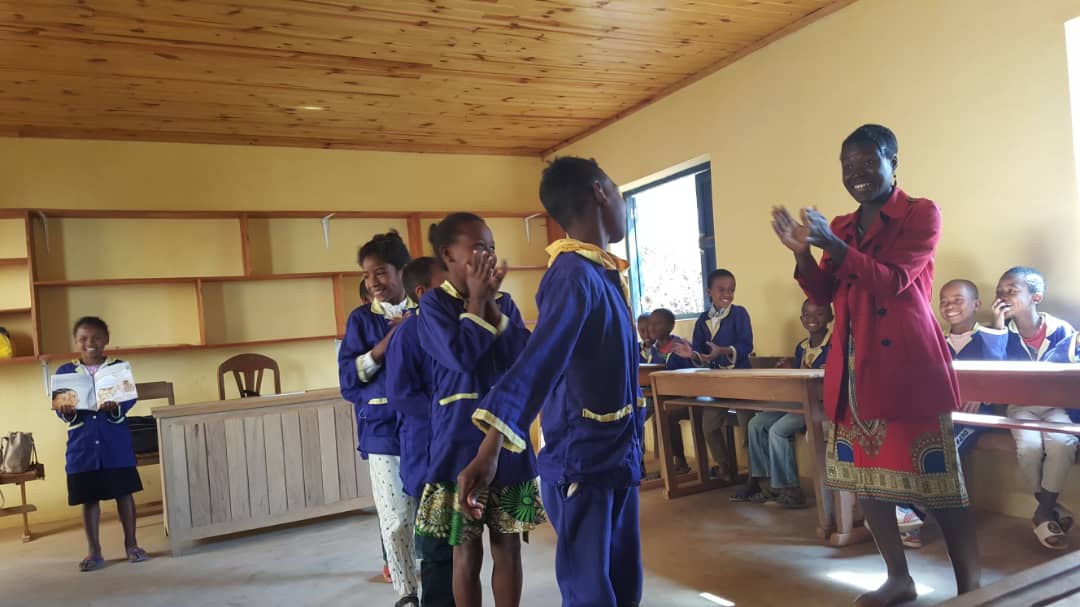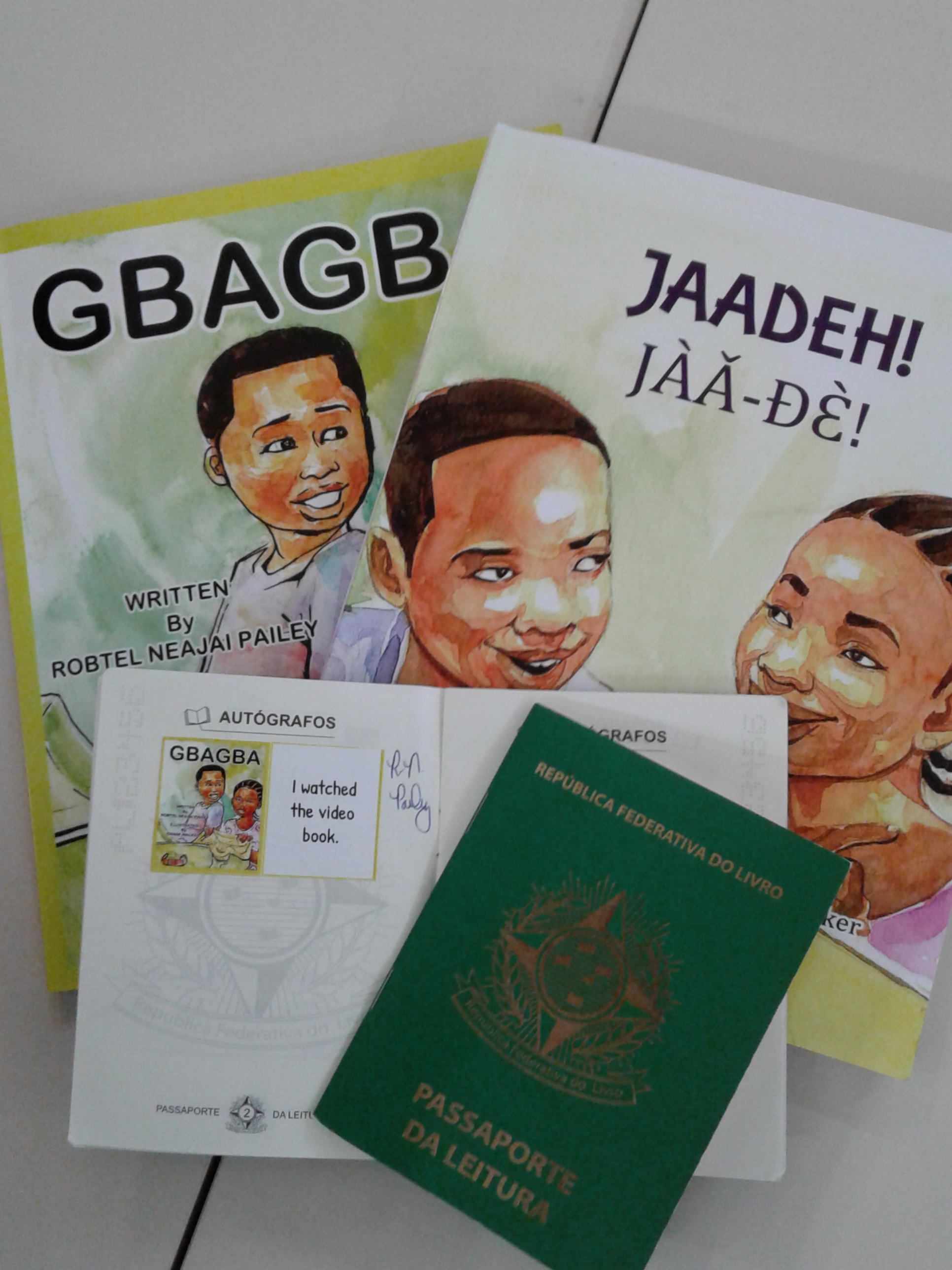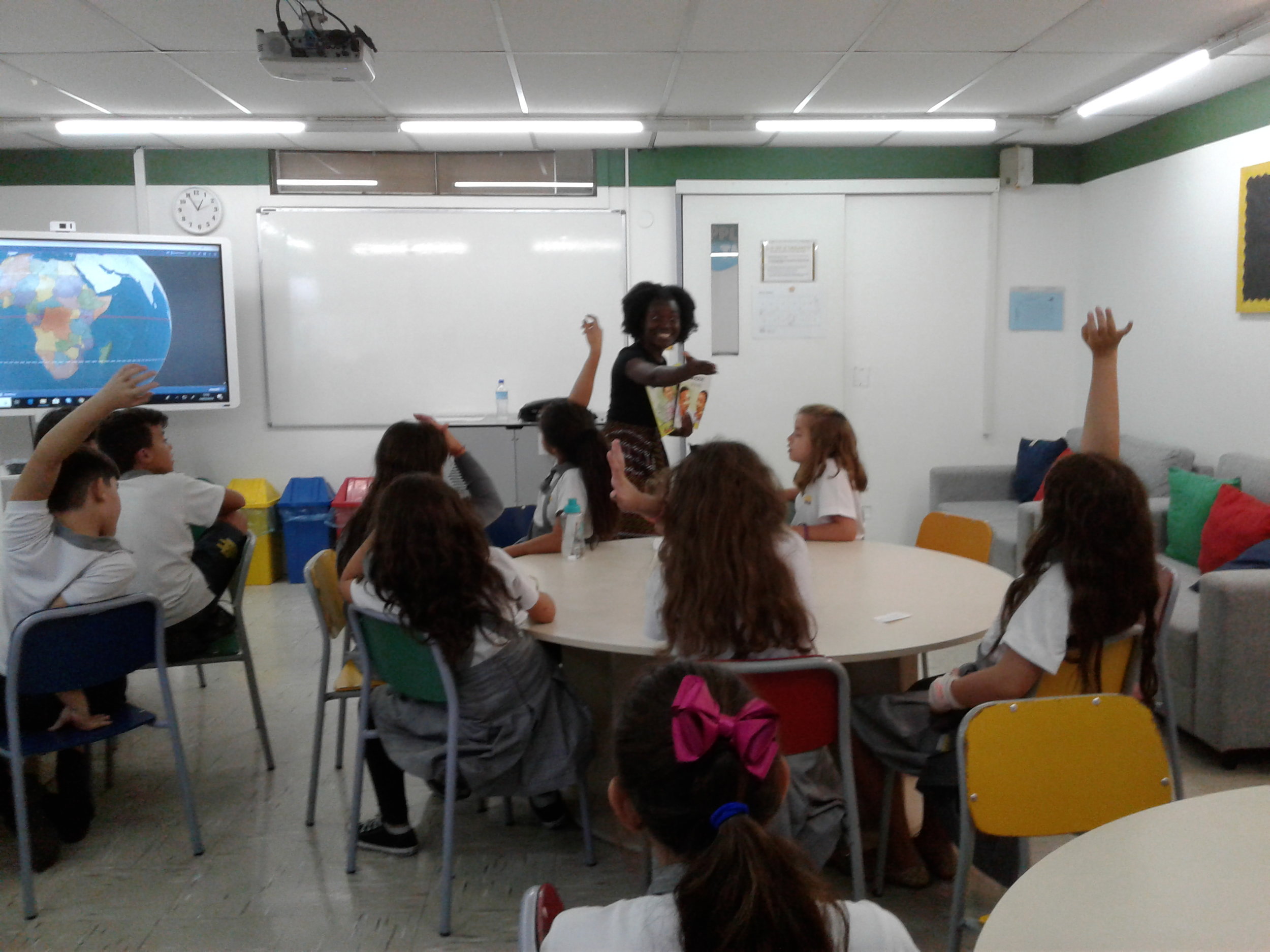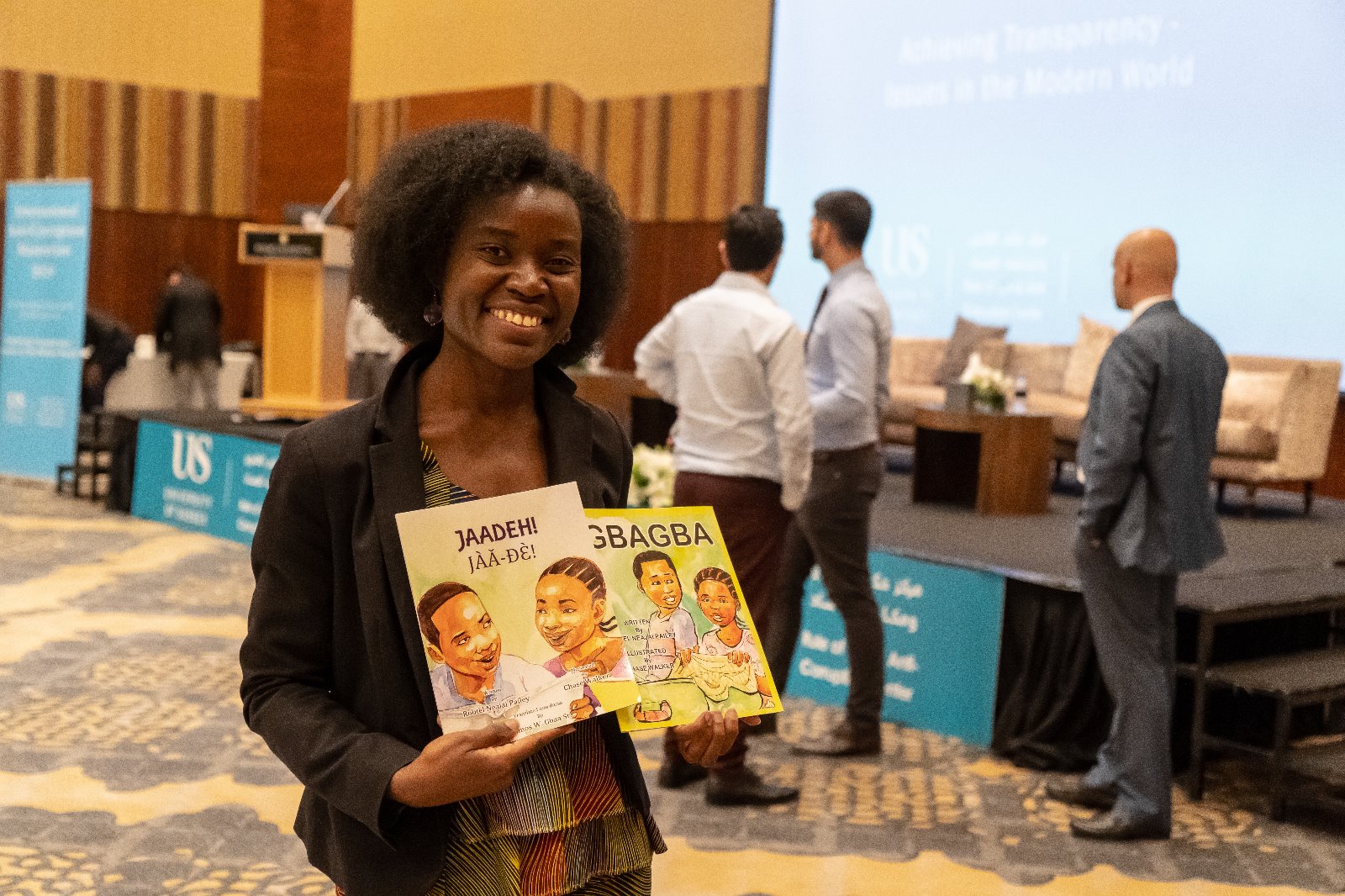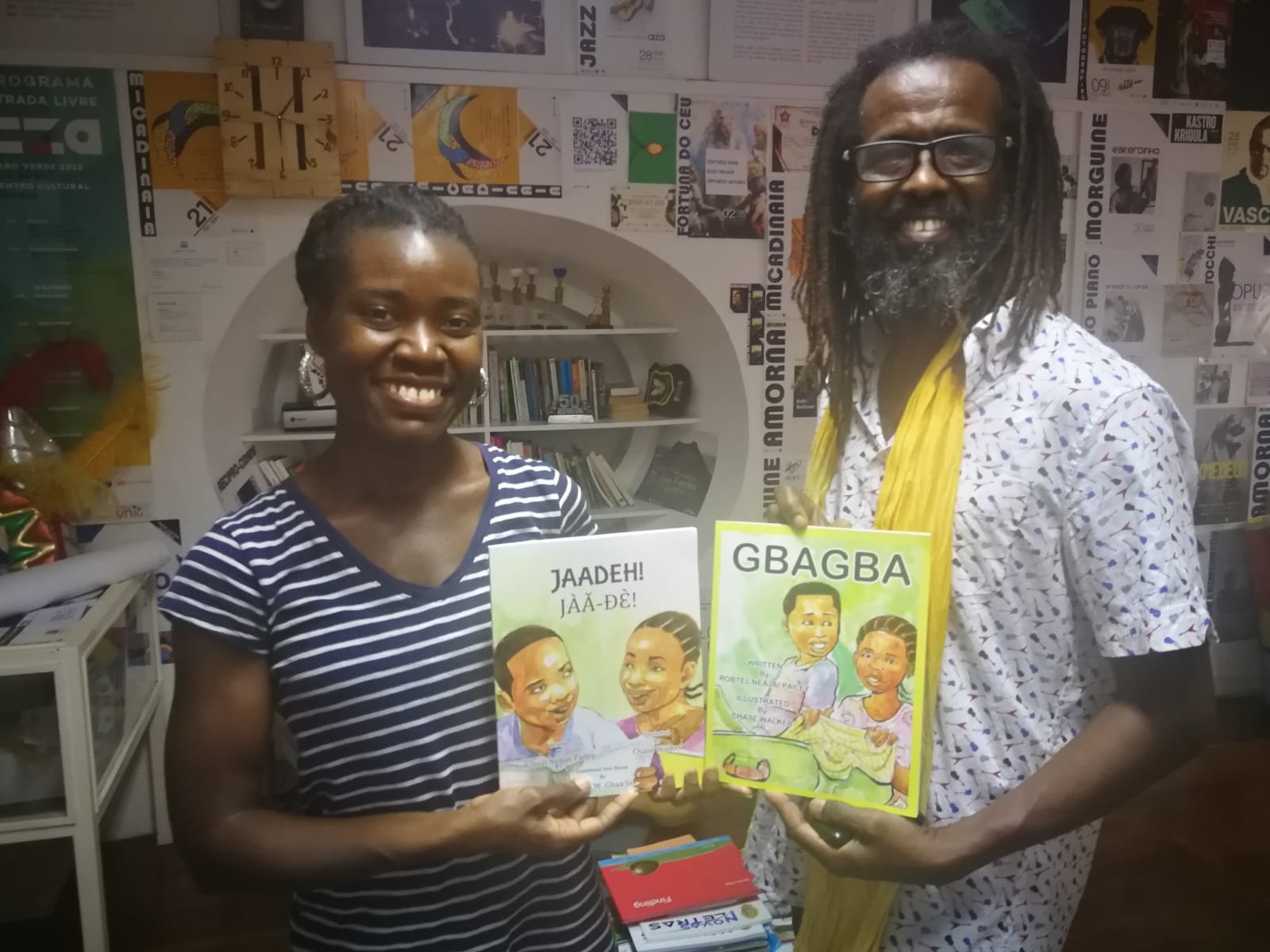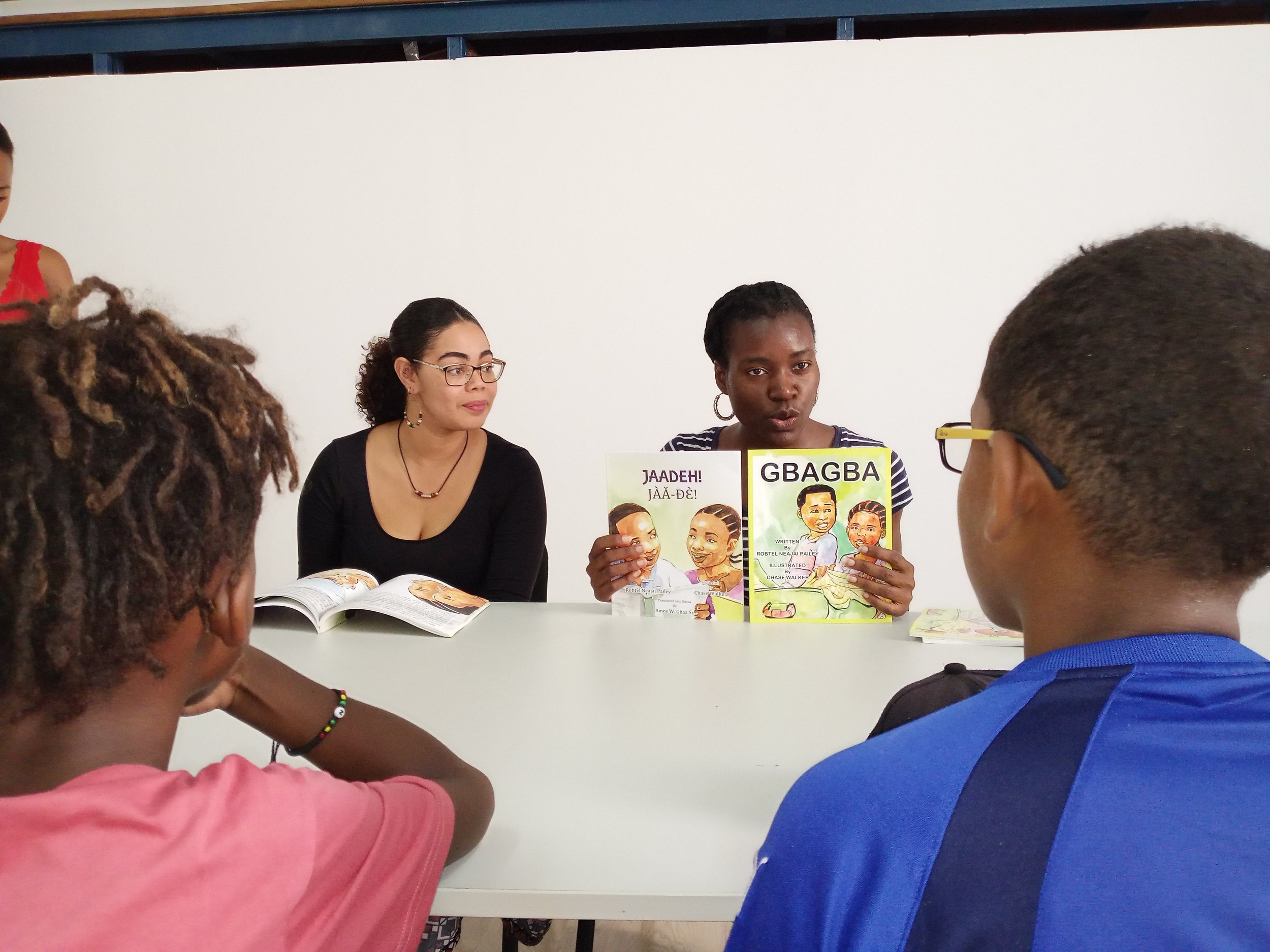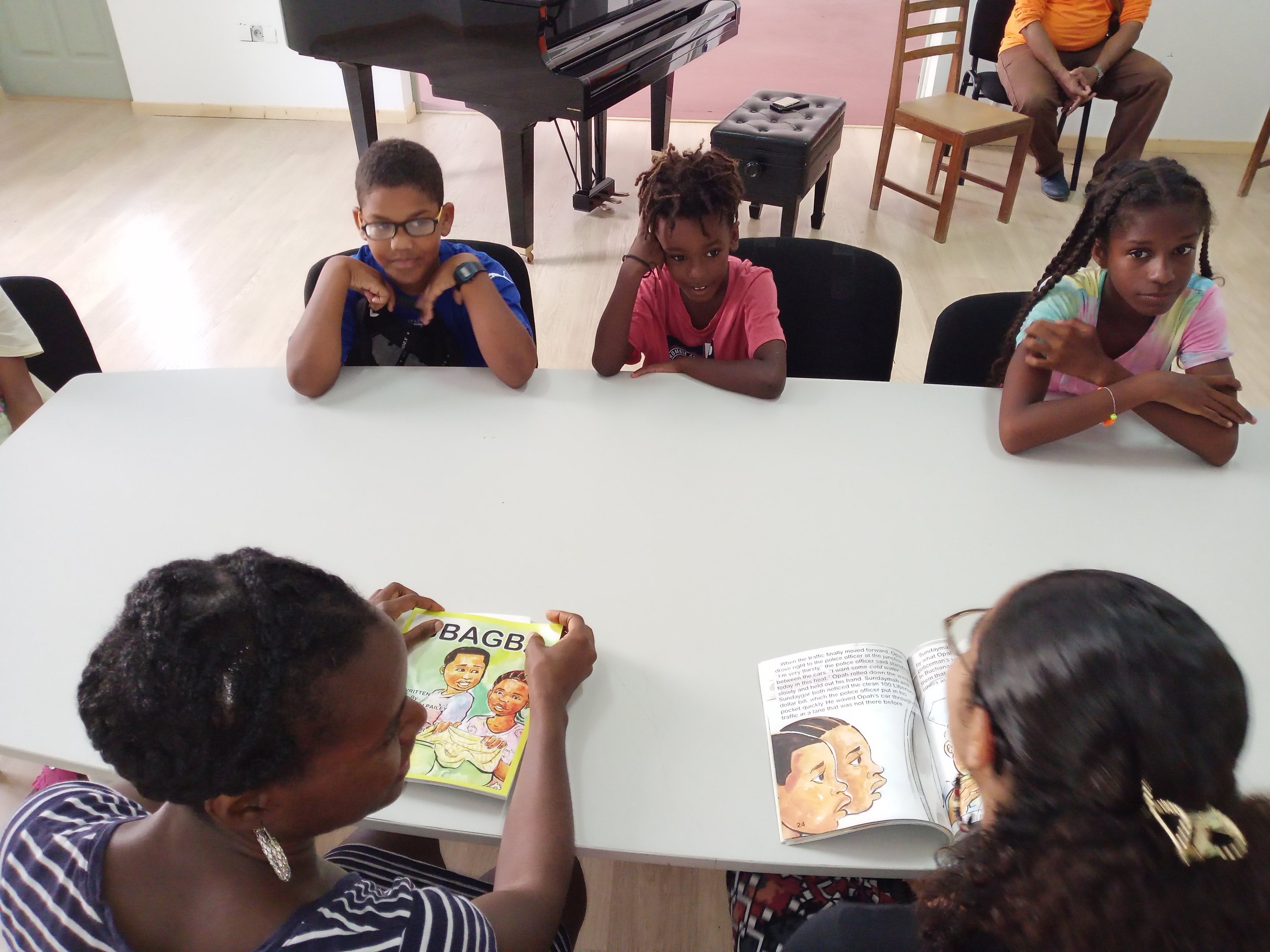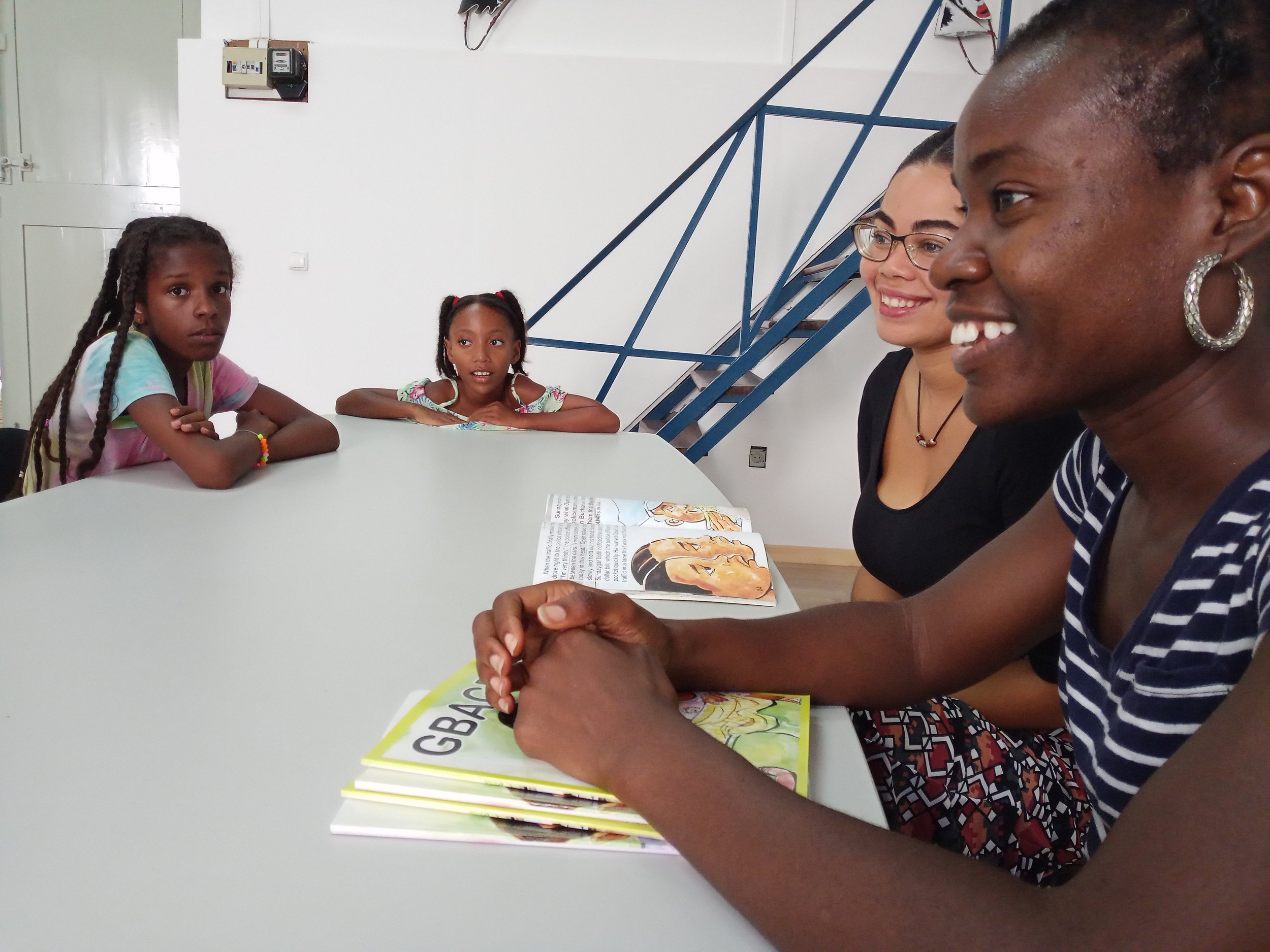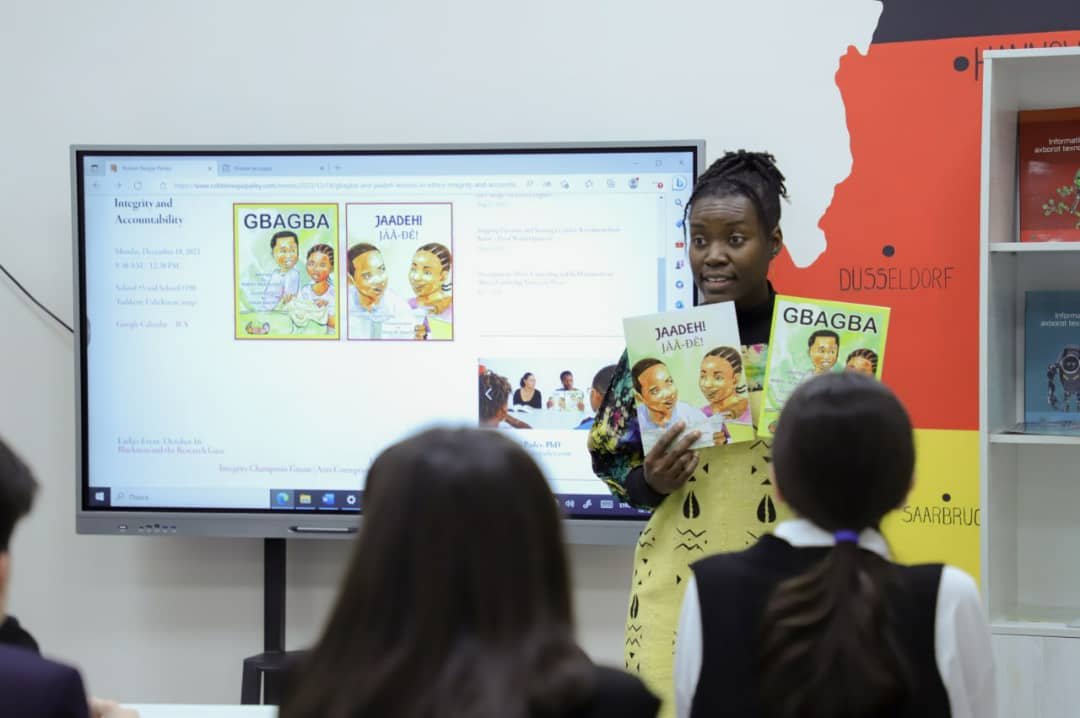When President George Weah announced in his inaugural address to the legislature last month that he would actively advocate for the passage of a contested dual citizenship bill and the removal of a so-called “racist” Negro clause from Liberia’s Constitution, I was bombarded with calls and e-mails...
Completed in 2014, my thesis is the first comprehensive scholarly investigation of the promise and peril of dual citizenship for Liberia, based on fieldwork conducted in five countries spanning three continents, during which I spoke to Liberian officials of government, homelanders, returnees, and diasporic Liberians, as well as Sierra Leonean policymakers. I embarked on this study because I wanted to fill an important gap by elevating our public discourse and policymaking around citizenship. Since then, I have published two scholarly journal articles in *Citizenship Studies and *Migration Studies and a book manuscript is forthcoming.
